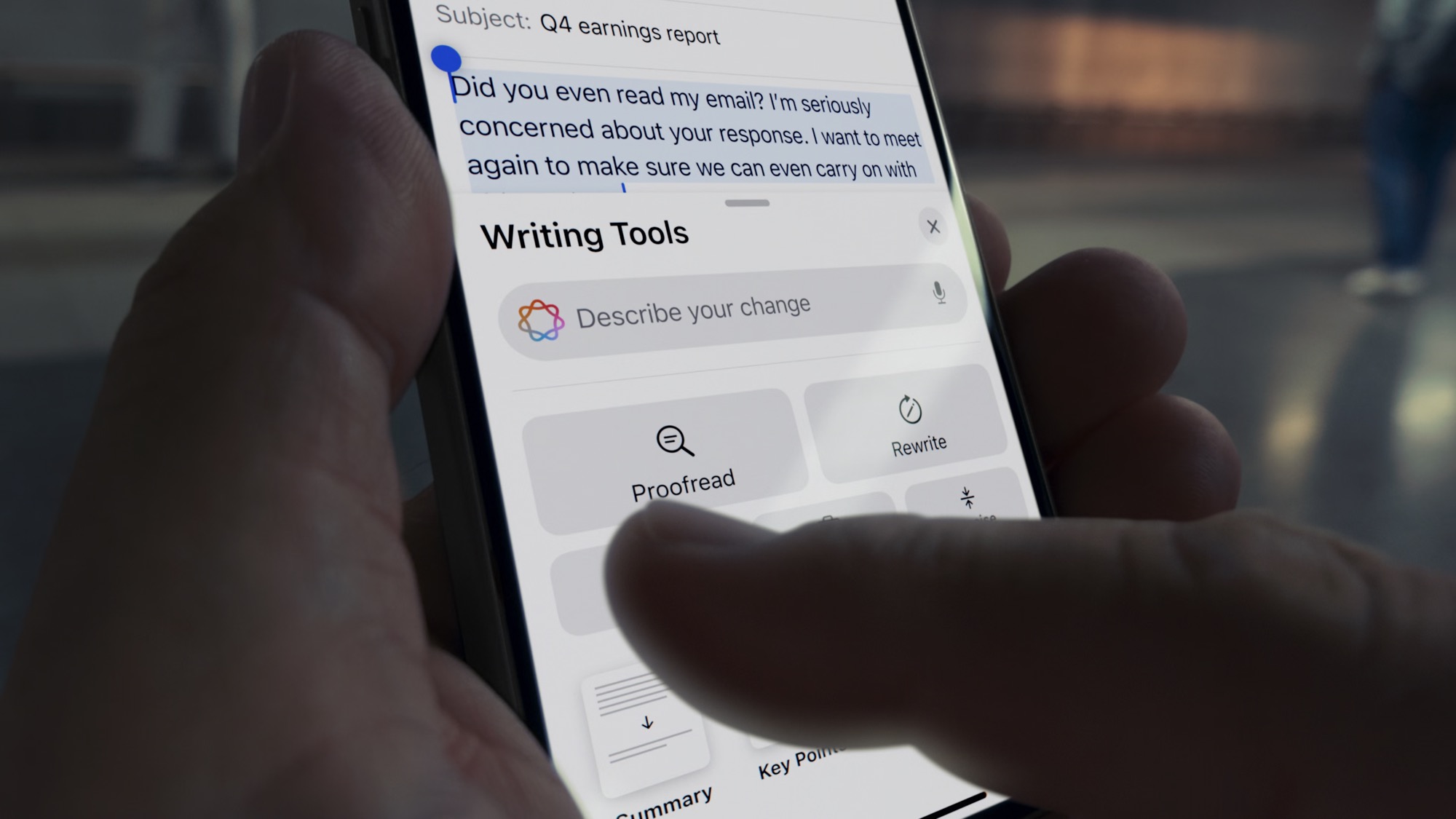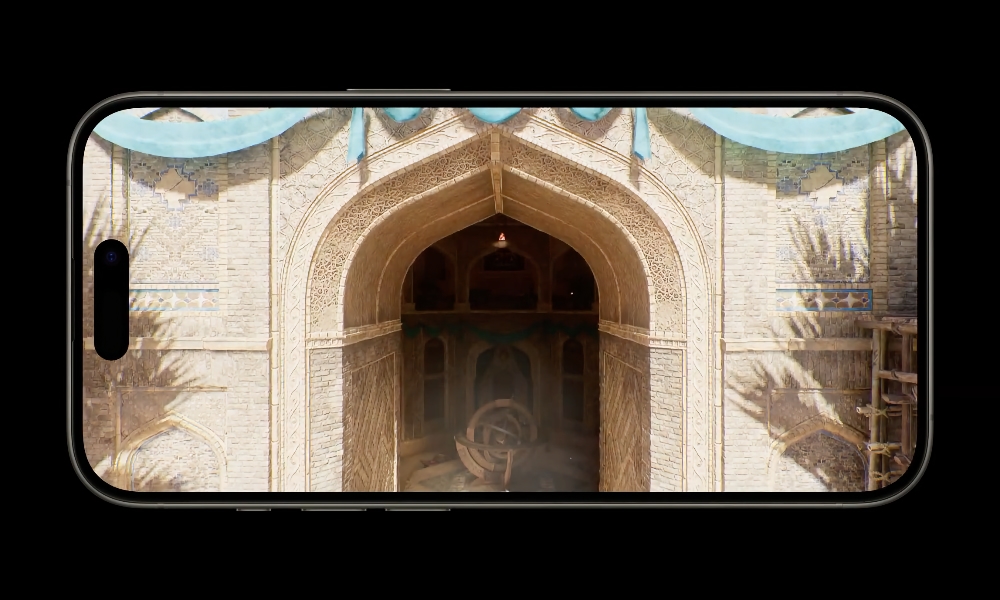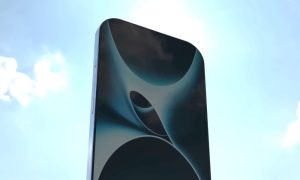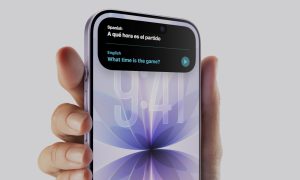Apple Exec Confirms 8GB RAM in All iPhone 16 Models

While it shouldn’t come as a big surprise, considering that the entire iPhone 16 lineup was built from the ground up for Apple Intelligence, we now have confirmation that all four models will pack in 8 GB of RAM this year.
Apple’s Senior VP of Hardware Technologies and the driving force behind Apple silicon, Johny Srouji, shared the news in a recent interview with YouTuber Geekerwan (via 9to5Mac), along with several other interesting tidbits on the A18 and A18 Pro chips in the new iPhones.
What’s noteworthy about this interview isn’t just the fact that the new iPhones all pack in 8 GB of RAM, marking the first time a non-Pro model has exceeded 6 GB, but also that it’s the first time Apple has said anything so publicly about the amount of RAM in any iPhone. Unlike its Android rivals, this isn’t a spec the company typically shares for its iPhones. That’s likely because it’s irrelevant to most iPhone owners and could lead to unfair comparisons with other platforms built on an entirely different architecture.
After all, while reasonable minds can disagree about whether 8 GB is enough RAM for a MacBook, there’s no doubt that Apple’s M-series chips, with their unified memory architecture, can get by on far less RAM than their Intel counterparts. The same applies to the custom-engineered A-series chips in Apple’s iPhones.

However, the rise of Apple Intelligence has changed the landscape. RAM is considerably more critical in modern iPhones to handle the large language models (LLMs) used for AI processing. This is widely believed to be the reason Apple Intelligence is only coming to the iPhone 15 Pro models — they were the first and only iPhones with 8 GB of RAM before this month’s iPhone 16 lineup was launched.
While Apple execs were a bit vague on the specifics, Senior VPs Craig Federighi and John Giannandrea acknowledged that RAM was “one of the pieces of the total” while also touting the power of the A17 Pro chip as having “a much bigger neural engine.”
It’s many dimensions of the system. RAM is one of the pieces of the total. The A17 Pro is not the first A chip that’s got a neural engine, but it’s got a much bigger neural engine than the chip that came before.
Craig Federighi and John Giannandrea
That may be true, but it’s also worth keeping in mind that the A14 chip of the iPhone 12 era has the same Neural Engine as the M1 chip in the original Apple silicon MacBook Air, 13-inch MacBook Pro, and iPads, all of which will support Apple Intelligence when it arrives in macOS 15.1 and iPadOS 18.1 next month.
However, one key difference is that those A14-powered iPhones had as little as 4 GB of RAM, while the other devices all came with at least 8 GB. Of course, the M1 had other architectural improvements over its A-series equivalent that could tip the scales, but RAM appears to be a critical factor here.
In the interview, Srouji acknowledged that “DRAM is one aspect” of Apple Intelligence, which was the central feature that drove the move to increase memory capacity.
We have lots of data that tells us what is going to enable a certain feature, and Apple Intelligence is one of those very, very important features that we want to enable. And we look at different configurations, both for computation and memory bandwidth and memory capacity. And then we make the right trade-off and balance of what actually makes the most sense. So, Apple Intelligence was a major feature that led us to believe that we need to get to 8GB.
However, Srouji also suggested that there were other benefits Apple considered, such as “high-end gaming, AAA-titled games.” This is another aspect of last year’s iPhone 15 Pro lineup that will be coming to all iPhone 16 models, so you’ll be able to enjoy Assassin’s Creed: Mirage or Resident Evil Village even if you opt for the lowest-end 6.1-inch iPhone 16.

Apple’s hardware tech chief also explained how Apple’s silicon engineering team keeps a laser-sharp focus on efficiency, negating the need to add more CPU cores just to keep up with the competition.
When you look at the single-thread performance core across all of our silicon, it’s the absolute best in the industry. We’re leading the industry. If you look at the efficiency cores, same, we’re at the absolute best. We’re leading in a big way.
Johny Srouji
However, Srouji also points to the benefits of having the software and hardware engineering teams fully integrated, as the operating system can be optimized for the A-series chips in a way that’s much more difficult for other smartphone platforms. No matter how closely Google and Qualcomm may work together to make Android and Snapdragon chips play nice, they’re still separate companies with their own priorities, and they’re doing a lot more than just creating smartphone software and hardware.
If the rumors are true, 8 GB of RAM is likely the new baseline standard for all iPhone models. Even next year’s budget iPhone SE is expected to pack in 8 GB of RAM and an A18 chip to ensure support for Apple Intelligence.







